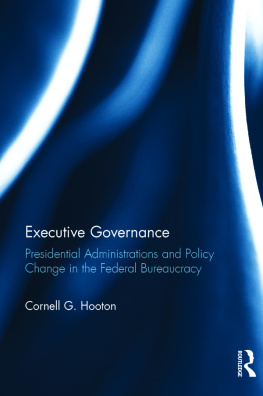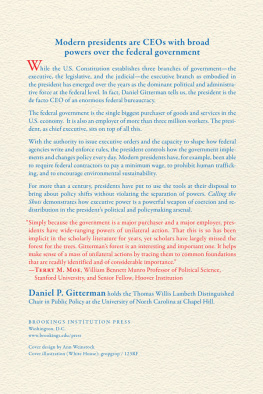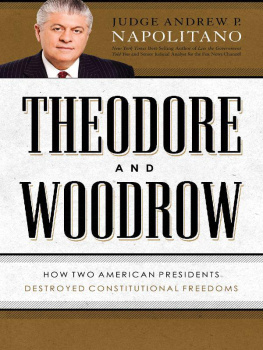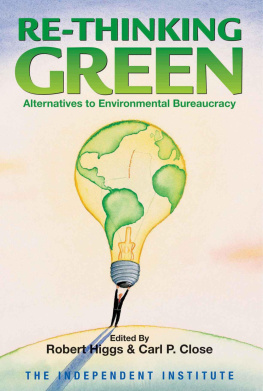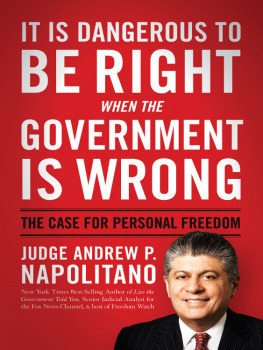
Howard Books
An Imprint of Simon & Schuster, Inc.
1230 Avenue of the Americas
New York, NY 10020
www.SimonandSchuster.com
Copyright 2015 by Jay Sekulow
All rights reserved, including the right to reproduce this book or portions thereof in any form whatsoever. For information, address Howard Books Subsidiary Rights Department, 1230 Avenue of the Americas, New York, NY 10020.
First Howard Books hardcover edition May 2015
HOWARD and colophon are trademarks of Simon & Schuster, Inc.
For information about special discounts for bulk purchases, please contact Simon & Schuster Special Sales at 1-866-506-1949 or .
The Simon & Schuster Speakers Bureau can bring authors to your live event. For more information or to book an event, contact the Simon & Schuster Speakers Bureau at 1-866-248-3049 or visit our website at www.simonspeakers.com.
Interior design by Jaime Putorti
Jacket design By Bruce Gore
Front Jacket Photograph by Shutterstock
Front Jacket image illustration by Steve Gardner/Pixelworks
Author photographs Jeff Frazier
Library of Congress Cataloging-in-Publication Data
Sekulow, Jay.
Undemocratic / Jay Sekulow.
pagescm
1.United StatesPolitics and government20092.Abuse of administrative powerUnited States.3.BureaucracyUnited States.4.Civil rightsUnited States.I.Title.
E907.S3982015
353.4'60973dc232015001876
ISBN 978-1-4767-9567-6
ISBN 978-1-4767-9568-3 (ebook)
This book is dedicated to the memory of my mother, Natalie Wortman Sekulow, because its a hardback.
CONTENTS
INTRODUCTION
ONE DAY IN MAY
I have a unique vantage point from my office in Washington, D.C. My building, in the heart of Capitol Hill, is directly across the street from the Supreme Court of the United States. The Justices literally drive by my office each day that the court is in session. From my window I can see the chambers where the Justices and law clerks spend their days crafting legal opinions that impact all of us. There have been many nights when I have seen the glow of the lights emanating from those chambers as the final touches are put in place. It is an awe-inspiring location. From the white marble columns on the exterior to the expansive courtroom where the oral arguments take place, the building represents power and stability. One of the most impressive aspects of the building is the depiction of great lawgivers carved into the marble. Each time I enter the courtroom, I glance up at those lawgivers, including Moses holding the Ten Commandments written in Hebrew.
For three decades I have had the privilege of arguing cases before the Supreme Court representing a wide range of legal issues including: religious liberty, prayer and Bible clubs in public schools, free speech, and defending the unborns fundamental right to life, and campaign finance reform. I even argued a case before the Supreme Court involving the Ten Commandments Monument in Utah. My team and I won 90. Admittedly, it is one of my favorite cases, as I was able to reference the Supreme Court buildings own depiction of Moses holding the Ten Commandments.
The judiciary, our third branch of government, is powerful. After all, the Supreme Court interprets the Constitution and that impacts each of us. It is not, however, the most powerful branch. From my office, I also have a great view of the Capitol dome. I have often taken guests up to the top floor of our building to view the Capitol. The lit dome in the evening sends the clear message that legislators are handling serious business. The Senate office buildings are just across the street from the front door to my building. In fact, after the terrorist attacks on September 11, 2001, the security perimeter was moved directly in front of our offices. When the anthrax attack took place days after 9/11, the surveillance devices and air monitoring equipment were placed just a few feet from our main entrance. The security in the area is still very tight, as it should bethese are the buildings that house our legislature, our second branch of government. This branch represents the people, and its where our laws are constructed. And yet, as powerful as the legislative branch of government is, it is not the most powerful branch.
I can hop into a cab and after a short five-minute drive I am at the White House. I have had the incredible privilege of being in the Oval Office, discussing major issues with President Bush, ranging from judicial nominations to terrorism. It is an experience that is hard to put into words. When you are seated next to the president of the United States, the commander in chief of our armed forces, you realize quickly that what takes place in that office not only impacts each of us, the impact is felt around the globe. The executive branch of government and the president are powerful. There is no doubt about it. But I submit to you that the executive branch is not the most powerful.
The most powerful branch of our government is located around the corner from the Supreme Court building, a few streets over from the Capitol, and a couple of blocks from the White House. These buildings are scattered around D.C. house agenciesthe Internal Revenue Service, the Department of Justice, the Environmental Protection Agency, the Department of Health and Human Services, Veterans Affairs, the Labor Department, and many others. These agencies are run by bureaucrats. And these unelected, unaccountable bureaucrats destroy our liberty and threaten our democracy. We are in serious peril because of thisthe most powerful branch of government we did not even learn about in high school civics class.
The problem is, the Constitution does not provide for a fourth branch of government. Yet we have one. We have created an unconstitutional, self-sustaining monster that is swallowing our democracy. Our constitutional republic hangs in the balance. I keep a diary with me where I note significant events in my legal practice. My entry on May 10, 2013, was a game changer.
The first emailmarked URGENThit my inbox at 10:17 a.m., just minutes before my radio program goes live on air. The message was simple: Lois Lerner, then the head of exempt organizations at the Internal Revenue Service, had apologized to conservative and Tea Party groups for intentionally subjecting them to heightened IRS scrutiny.
My first feeling was vindication. More than a year earlier, dozens of Tea Party and other conservative groups had contacted me, all telling me the same story. The IRS was delaying their tax exemption applications and requiring them to answerunder penalty of perjuryappallingly broad questions, questions that violated the constitutional rights of American citizens.
The IRS delayed at least one pro-life group because the that the groups presentations make substantial use of inflammatory and disparaging terms and express conclusions more on the basis of strong emotional feelings than of objective evaluationsas if the liberal nonprofit organizations like Planned Parenthood or the American Civil Liberties Union dont make arguments on the basis of strong emotional feelings.
We took the cases, notified the IRS of our representation, and publicly called on Congress to take action, by holding hearings to investigate IRS abuse. In response, the IRS denied all wrongdoing, and the mainstream media of course backed the Obama administrations taxing agency, with the New York Times even claiming that in scrutinizing the Tea Party, the IRS was merely doing its job.






